What It's Like Being a Woman On the Front Lines
Miyoko Hikiji's U.S. Army unit was called to active duty in Iraq in early 2003, and she recounts her year spent on the front-lines in this exclusive interview.
In January, Defense Secretary Leon E. Panetta lifted the military's official ban on women in combat, opening up thousands of additional jobs for women, many of which on the front-line. But when Miyoko Hikiji's U.S. Army unit was called to active duty in Iraq in early 2003, the 5'3" journalism student was forced to confront this 2013 reality a decade earlier. In Iraq, Hikiji drove a five-ton truck that transported supplies, troops, equipment, and enemy prisoners — a supposed "non-combatant" role that was still fraught with danger and anxiety. Hikiji's new book, All I Could Be: My Story as a Woman Warrior in Iraq, is an account of the year she spent in Iraq securing the northwest quadrant. We were able to chat with Hikiji about the ins and outs of her time in the Army, right here.
Marie Claire: What made you want to join the service?
Miyoko Hikiji: I didn't have money for college, and my dad was in the Army as well, so it was a tradition. I was also definitely a jock-athlete-type growing up. When I saw those commercials for the Army, it wasn't anything that remotely intimidated me. I was looking for an adventure. I was really very excited about it, especially when they had "I'm Proud To Be An American" playing on the loud speakers when I first enlisted. It was like stepping into a whole new world, and it all just really fit from there. I knew it was what I supposed to be doing. I also really never wanted to be a teacher or anything like that. M.A.S.H. was one of my favorite TV shows growing up, and I saw a little bit of myself in Margaret.
MC: What was the hardest part of being in Iraq for that year?
MH: The hardest part was just not really knowing what was going to happen or what was happening. Everyday when we would have meetings, they wouldn't tell us if they were running any ambushes. Whenever we saw helicopters, we knew it was a looming threat that somebody was hurt or somebody was dying; a looming threat that tomorrow it could be me.
I was fortunate that I had a higher love of purpose. I was a pretty good Christian, so I went whenever there was some kind of a church service available. I did use my faith and reflection a lot, and spent a lot of time with chaplains trying to find the greater good in it all. There were also 15 women in my unit, so we leaned on each other a lot.
MC: What was your relationship like with those 15 women?
Stay In The Know
Get exclusive access to fashion and beauty trends, hot-off-the-press celebrity news, and more.
MH: It's always kind of a mixed bag. We kind of have a love-hate relationship; we're definitely a dynamic group. Of course, we would always huddle up and take care of each other, but if we were all staying in one room, we would fight. We had different schedules, so people would get upset if someone left the lights on — that sort of thing. Once, someone put me on a mission to go to the Syrian border, and one of the women fought to go with me — isolated women in that environment was a dangerous situation for me. So, we holed ourselves up in a little room in a border for a week.
MC: As you know, January marked the first time women could officially participate in front-line combat. After serving, what is your stance on having women actively participate in the military?
MH: The military certainly has a standard for physical fitness, and if you pass the physical test, you're good enough. If you have the standard, then that's all there is to it, regardless of your gender or sexual orientation. Women are highly organized, and we have a level of compassion that many people see as a detriment, but is actually a benefit. We really do look at our fellows as our family. There's the theory that if you're a women, you're weaker because you're sensitive, but some of the things we're able to do are actually very strong benefits. They're interesting benefits, ones that even the men can appreciate.
MC: What are two improtant lessons that have resonated with you from your service since returning to the states?
MH: One is that love is everywhere. It's often not that easy to find, but it exists if you look for it and it can get you thorugh any situation. We found that some Iraqis had great love and loyalty for us and the U.S. It was easy to think of Iraqis as the enemy, but they're just from another country. They were great people and we had to be openminded enough to see that. It was easy to be angry at everything.
We also really did some things we never thought we'd be able to do or endure — we really could be quite feisty and mean! When I came home and wrote the book, I tried to capture that no one person was all good or all bad, and that's normal.
Photo: Courtesy of Bill Schaefer
-
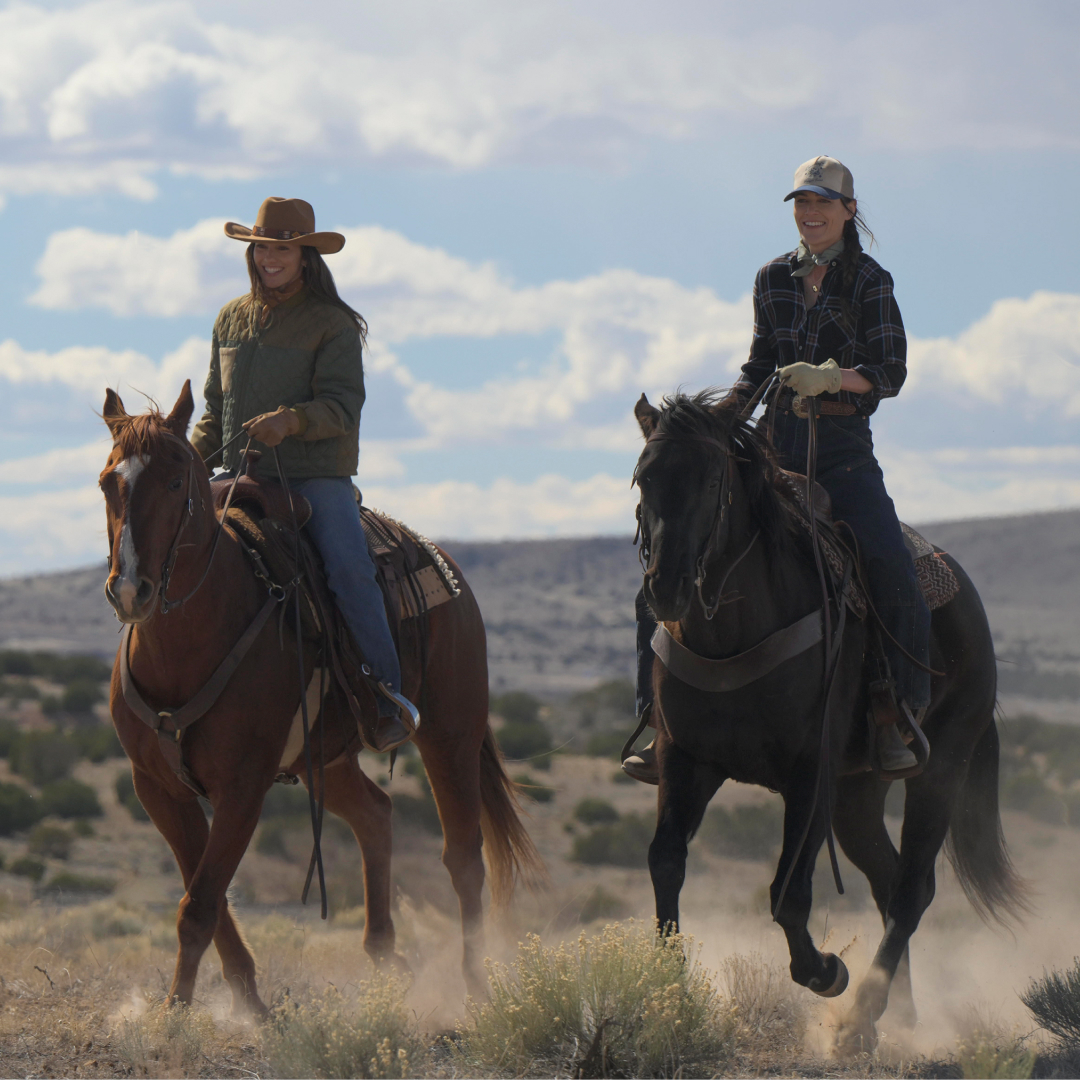 'Ransom Canyon' May Give Texas the Small-Town Drama Treatment, But That's Not Where It Was Filmed
'Ransom Canyon' May Give Texas the Small-Town Drama Treatment, But That's Not Where It Was FilmedHere's what to know about the real-life ranches featured in the Netflix series.
By Quinci LeGardye
-
 I Predict These 23 On-Sale Wardrobe Staples From Nordstrom Will Be Sold Out Next Week
I Predict These 23 On-Sale Wardrobe Staples From Nordstrom Will Be Sold Out Next Week23 Must-have shoes, tops, skirts, and more.
By Brooke Knappenberger
-
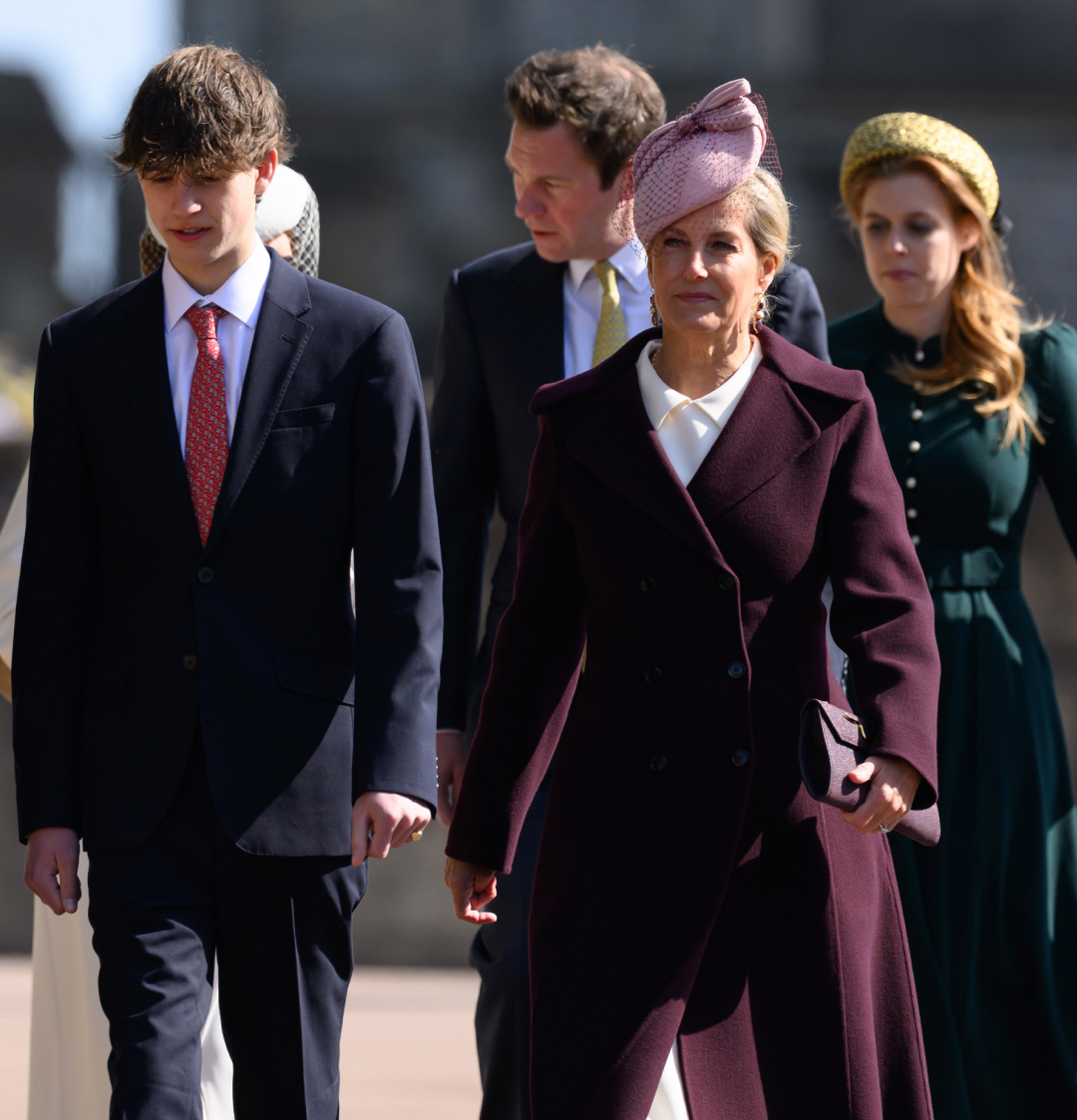 Fans Can't Stop Talking About This Rarely-Seen Royal After Easter Appearance
Fans Can't Stop Talking About This Rarely-Seen Royal After Easter AppearancePrince Edward and Duchess Sophie's son shocked royal watchers with his grown-up look on Easter.
By Kristin Contino
-
 36 Ways Women Still Aren't Equal to Men
36 Ways Women Still Aren't Equal to MenFeatures It's just one of the many ways women still aren't equal to men.
By Brooke Knappenberger
-
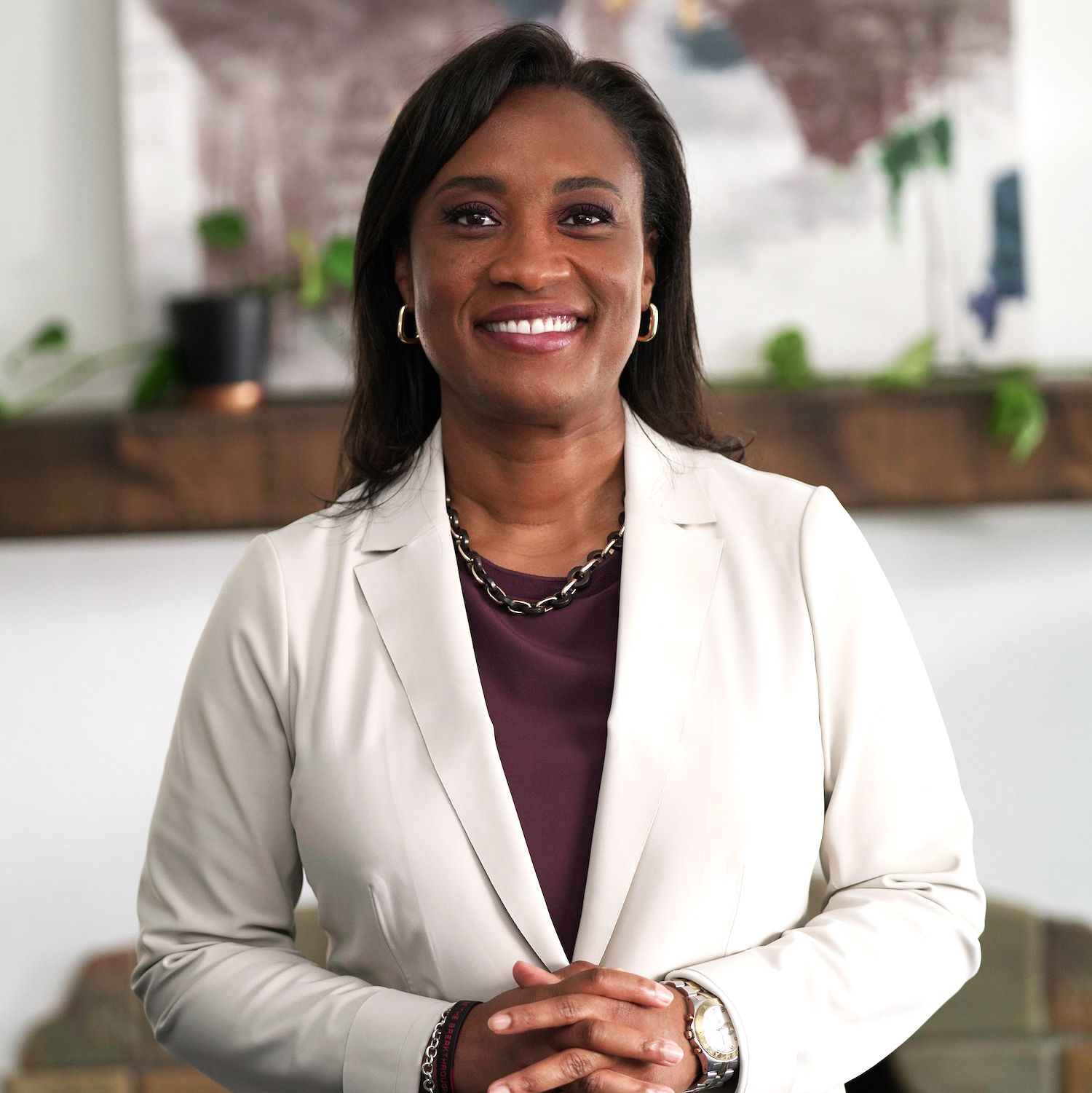 EMILY's List President Laphonza Butler Has Big Plans for the Organization
EMILY's List President Laphonza Butler Has Big Plans for the OrganizationUnder Butler's leadership, the largest resource for women in politics aims to expand Black political power and become more accessible for candidates across the nation.
By Rachel Epstein
-
 Want to Fight for Abortion Rights in Texas? Raise Your Voice to State Legislators
Want to Fight for Abortion Rights in Texas? Raise Your Voice to State LegislatorsEmily Cain, executive director of EMILY's List and and former Minority Leader in Maine, says that to stop the assault on reproductive rights, we need to start demanding more from our state legislatures.
By Emily Cain
-
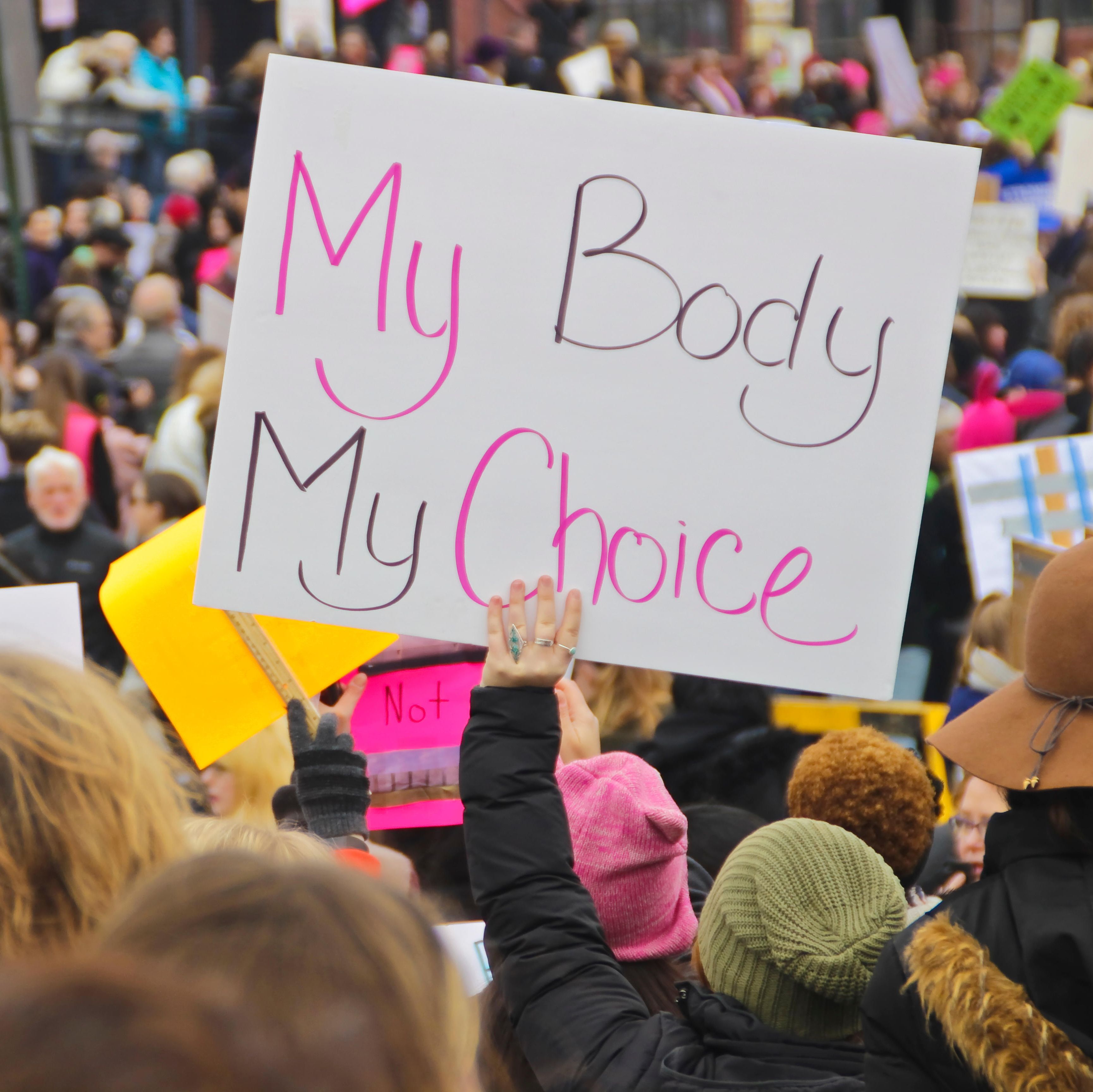 Your Abortion Questions, Answered
Your Abortion Questions, AnsweredHere, MC debunks common abortion myths you may be increasingly hearing since Texas' near-total abortion ban went into effect.
By Rachel Epstein
-
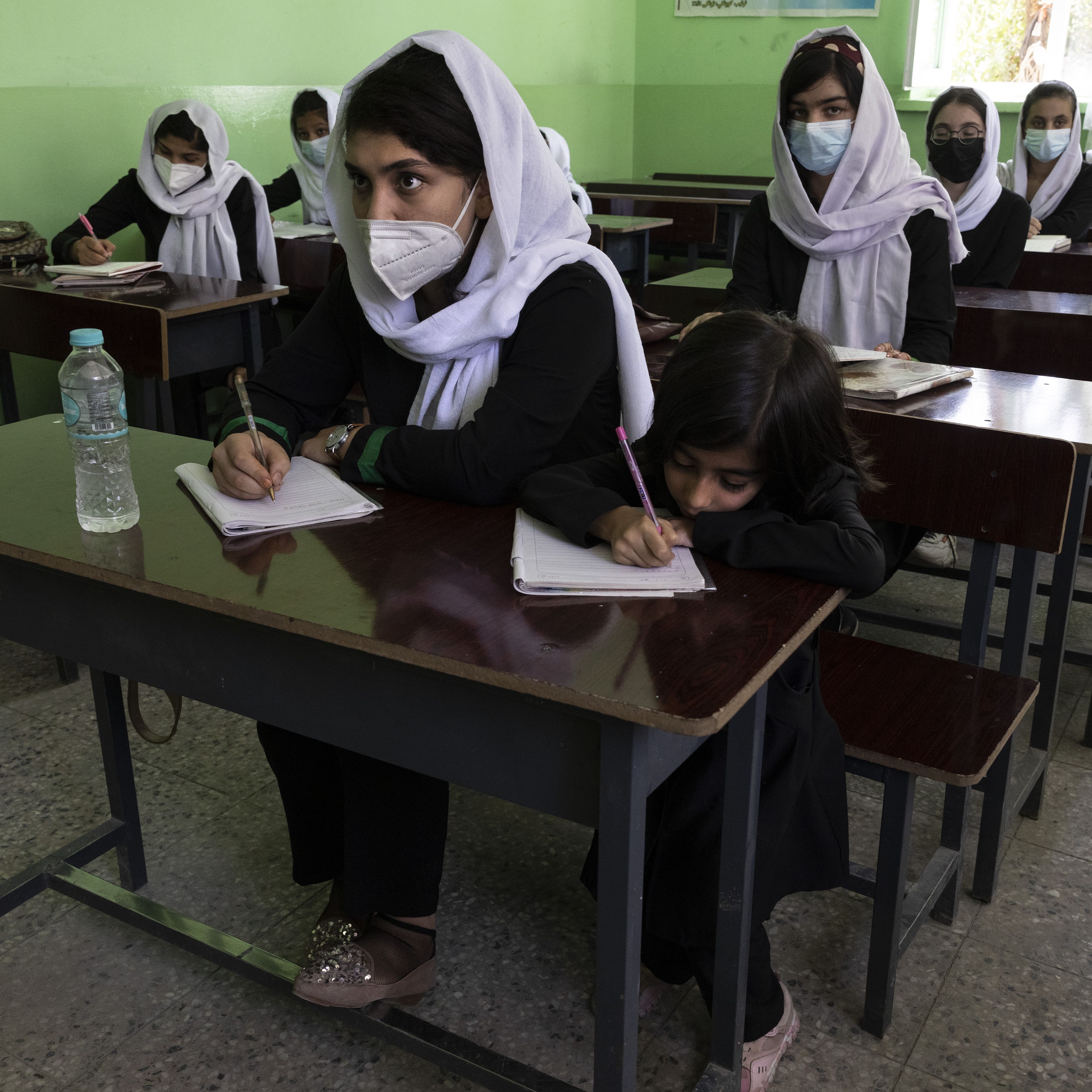 The Future of Afghan Women and Girls Depends on What We Do Next
The Future of Afghan Women and Girls Depends on What We Do NextBetween the U.S. occupation and the Taliban, supporting resettlement for Afghan women and vulnerable individuals is long overdue.
By Rona Akbari
-
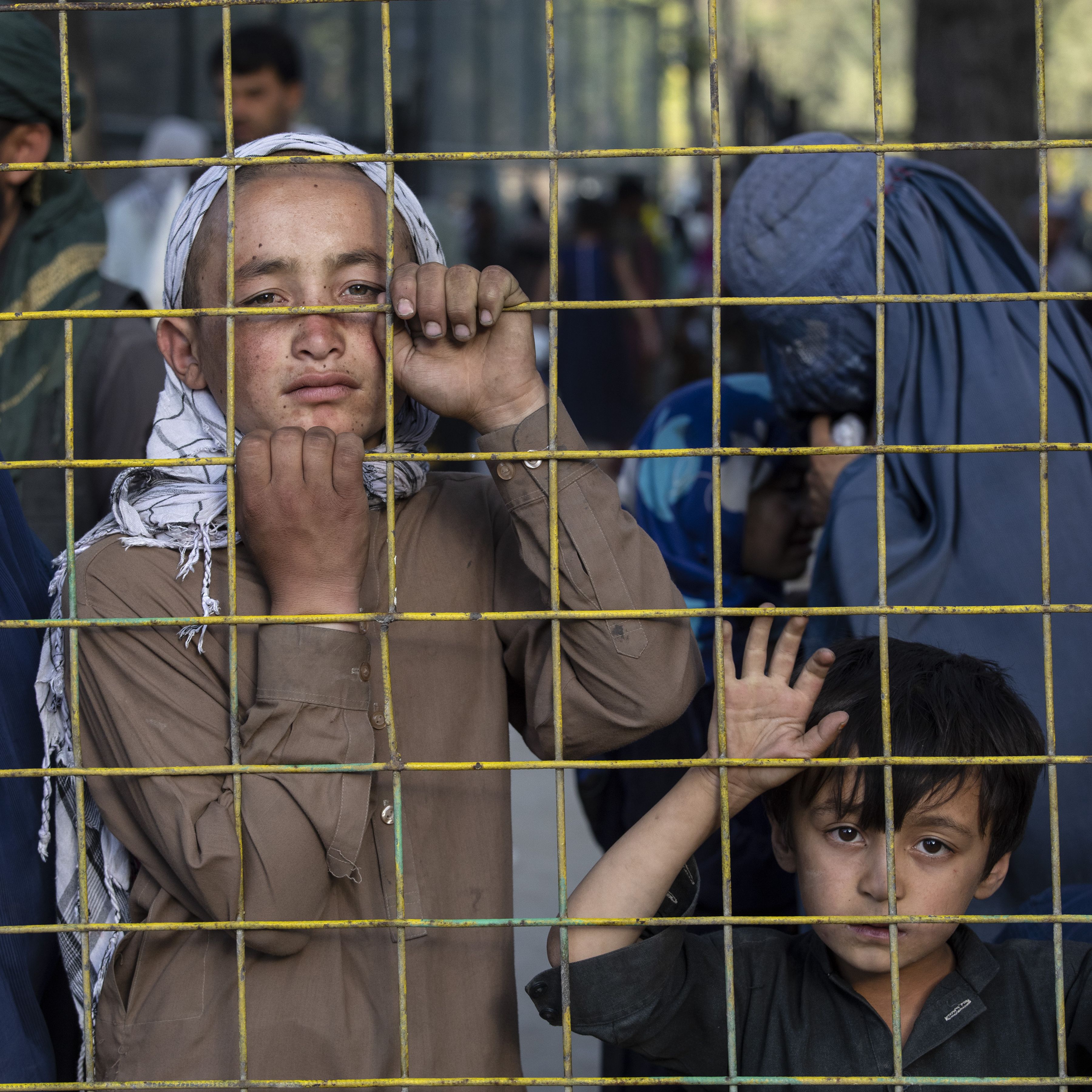 How to Help Afghanistan Refugees and Those Who Need Aid
How to Help Afghanistan Refugees and Those Who Need AidHow To With the situation rapidly evolving, organizations are desperate for help.
By Katherine J. Igoe
-
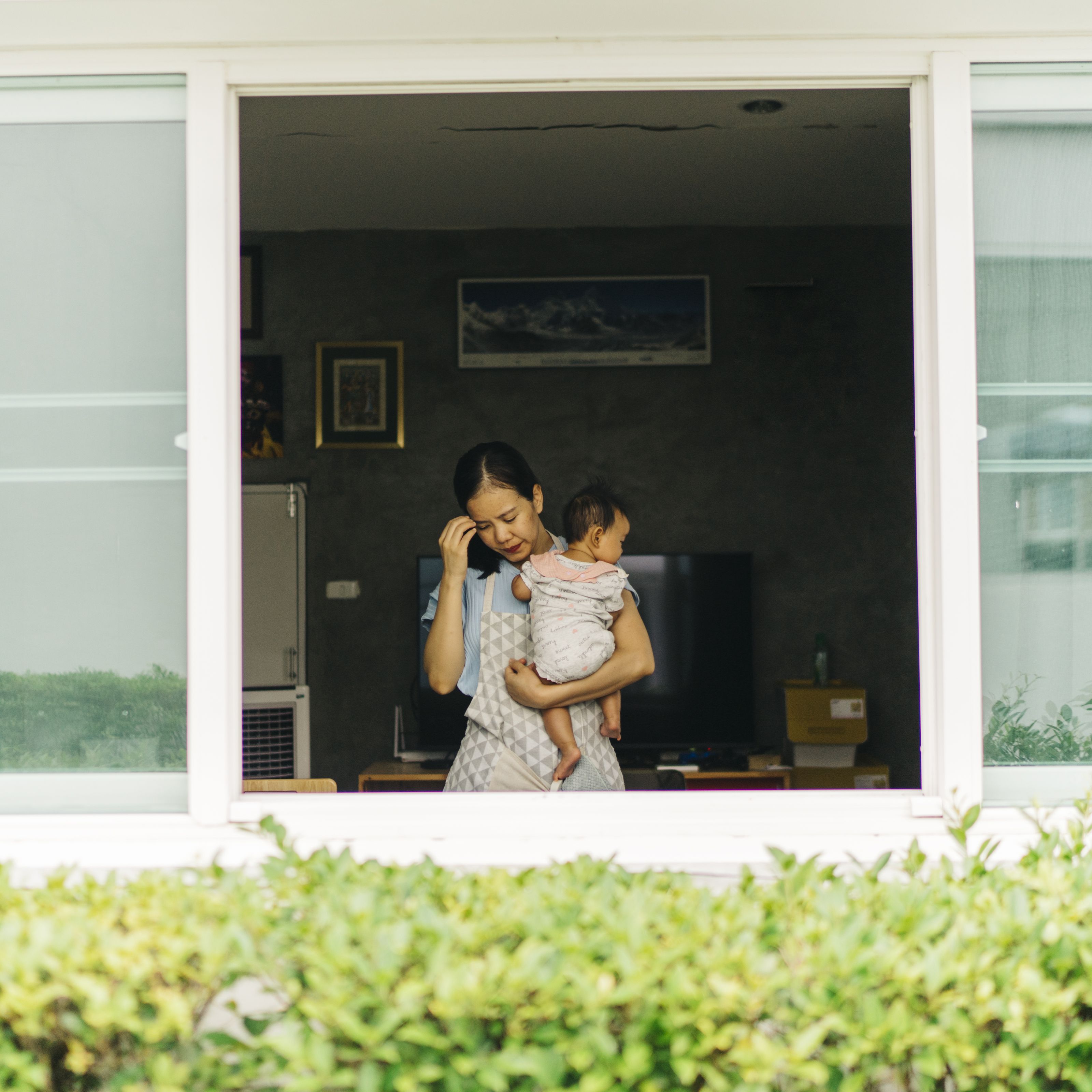 It’s Time to Give Domestic Workers the Protections They Deserve
It’s Time to Give Domestic Workers the Protections They DeserveThe National Domestic Workers Bill of Rights, reintroduced today, would establish a new set of standards for the people who work in our homes and take a vital step towards racial and gender equity.
By Ai-jen Poo
-
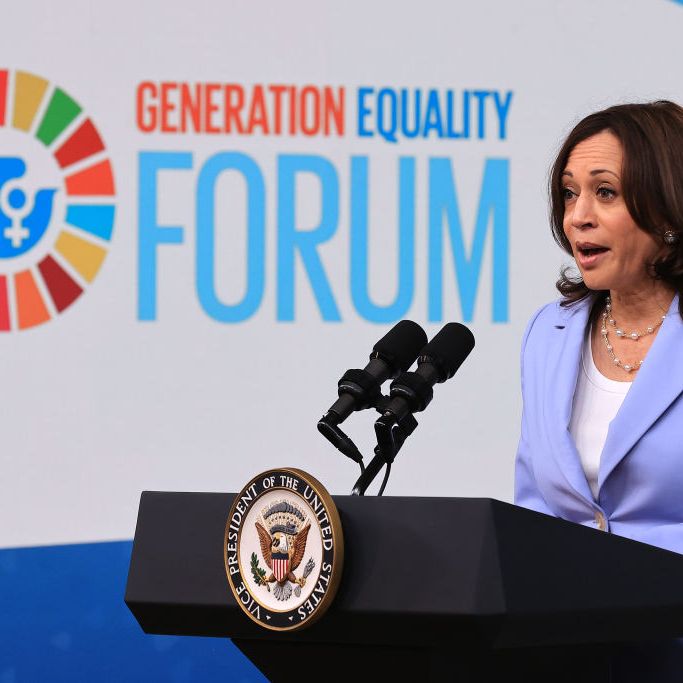 The Biden Administration Announced It Will Remove the Hyde Amendment
The Biden Administration Announced It Will Remove the Hyde AmendmentThe pledge was just one of many gender equity commitments made by the administration, including the creation of the first U.S. National Action Plan on Gender-Based Violence.
By Megan DiTrolio